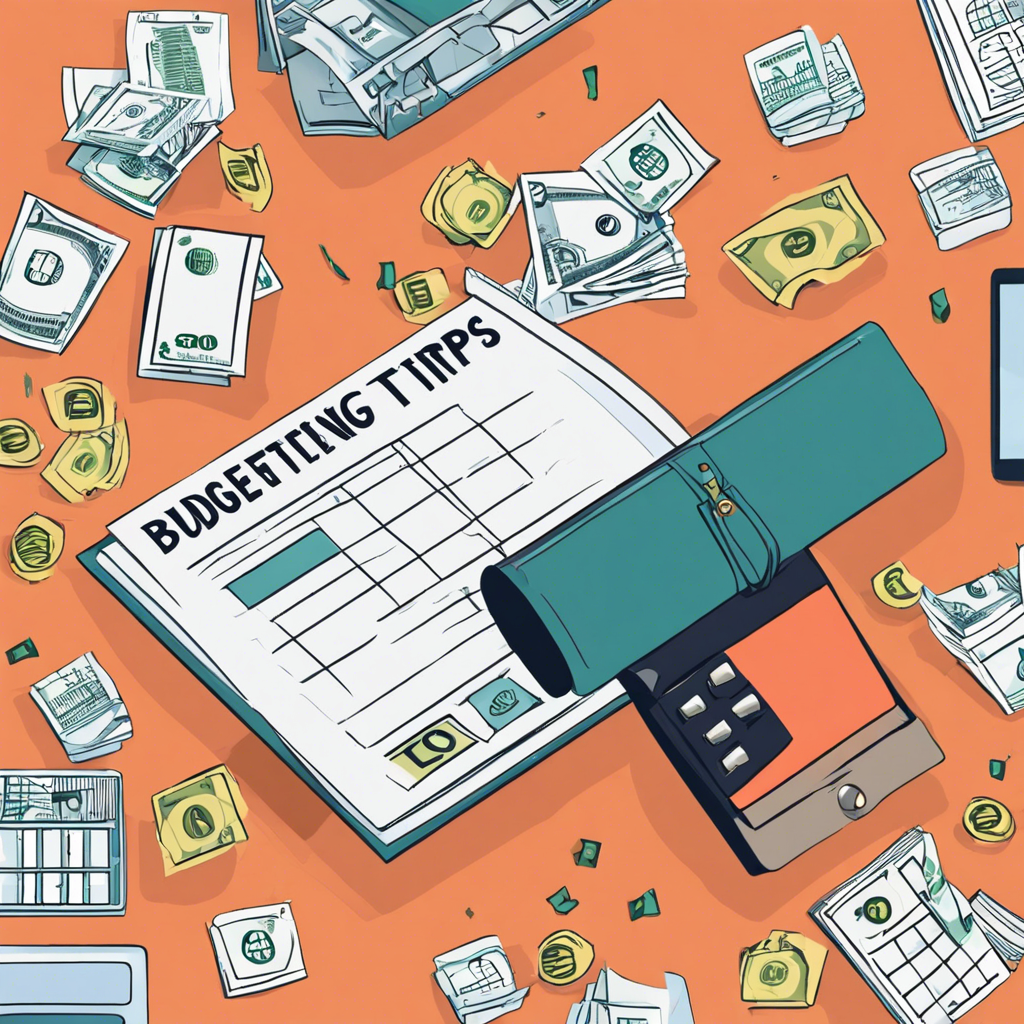Personal finance can be a daunting topic, but budgeting is a crucial step towards financial freedom and security. For beginners, the task of creating and sticking to a budget can seem overwhelming, but with these 10 easy tips, anyone can take control of their financial future.
First, it’s important to understand your spending habits. Track your expenses for a month to get a clear picture of where your money is going. This will help you identify areas where you can cut back and set more realistic budget goals. There are plenty of budgeting apps available that can help you with this task, connecting to your bank accounts and automatically categorizing your spending.
Once you have a handle on your spending, set clear and specific budget goals. Are you looking to save for a down payment on a house, pay off credit card debt, or simply gain better control over your monthly expenses? Maybe you have a certain purchase in mind, or you simply want to start an emergency fund. Defining your goals will give you a sense of purpose and direction and help you stay motivated.
Involve your household in the budgeting process. If you’re budgeting as a family, make sure everyone is on the same page and working towards shared goals. This will ensure that your budget is realistic and achievable, and it will help keep everyone accountable. Discuss your individual and shared expenses, and decide together how to allocate your funds.
Create a monthly budget plan and be sure to review it often. A budget is a living, breathing document that should be adjusted as life happens. Unexpected expenses will crop up, and it’s important to roll with the punches and adapt your budget accordingly. Reviewing your budget regularly will also help you identify any problem areas and correct them before they become bigger issues.
Make sure to prioritize your needs over your wants. This may seem obvious, but it’s an important principle to keep in mind. Ensure that essential expenses, such as housing, transportation, food, and utilities, are accounted for first. Then, you can allocate funds for discretionary spending, like entertainment, dining out, or hobbies.
One helpful tip is to use cash when you can. It’s much easier to overspend when using a credit card, especially when online shopping. With cash, you have a physical representation of your budget, and it can help you stick to your spending limits. Of course, this doesn’t mean you should avoid credit cards altogether, as they can be useful for building credit history and earning rewards, but be mindful of your spending and pay off your balance each month to avoid debt.
Another strategy is to automate your savings. Set up automatic transfers from your paycheck or monthly income to a dedicated savings account. This way, you save effortlessly without even thinking about it. Many online banks offer high-yield savings accounts, which can help your savings grow faster with higher interest rates.
Finally, don’t be too hard on yourself. Budgeting is a learning process, and it takes time to find what works best for you. Don’t beat yourself up over small slip-ups or setbacks. The most important thing is to get back on track and keep moving towards your financial goals. Remember, budgeting is a tool to help you achieve financial freedom and security.
